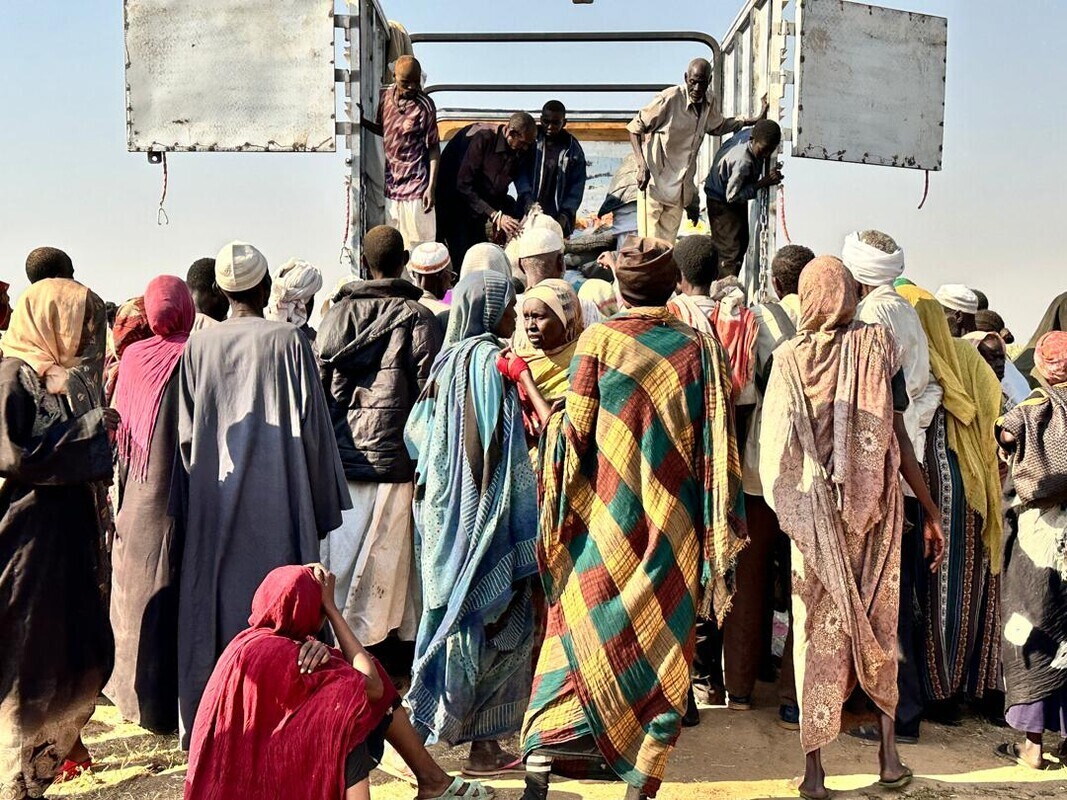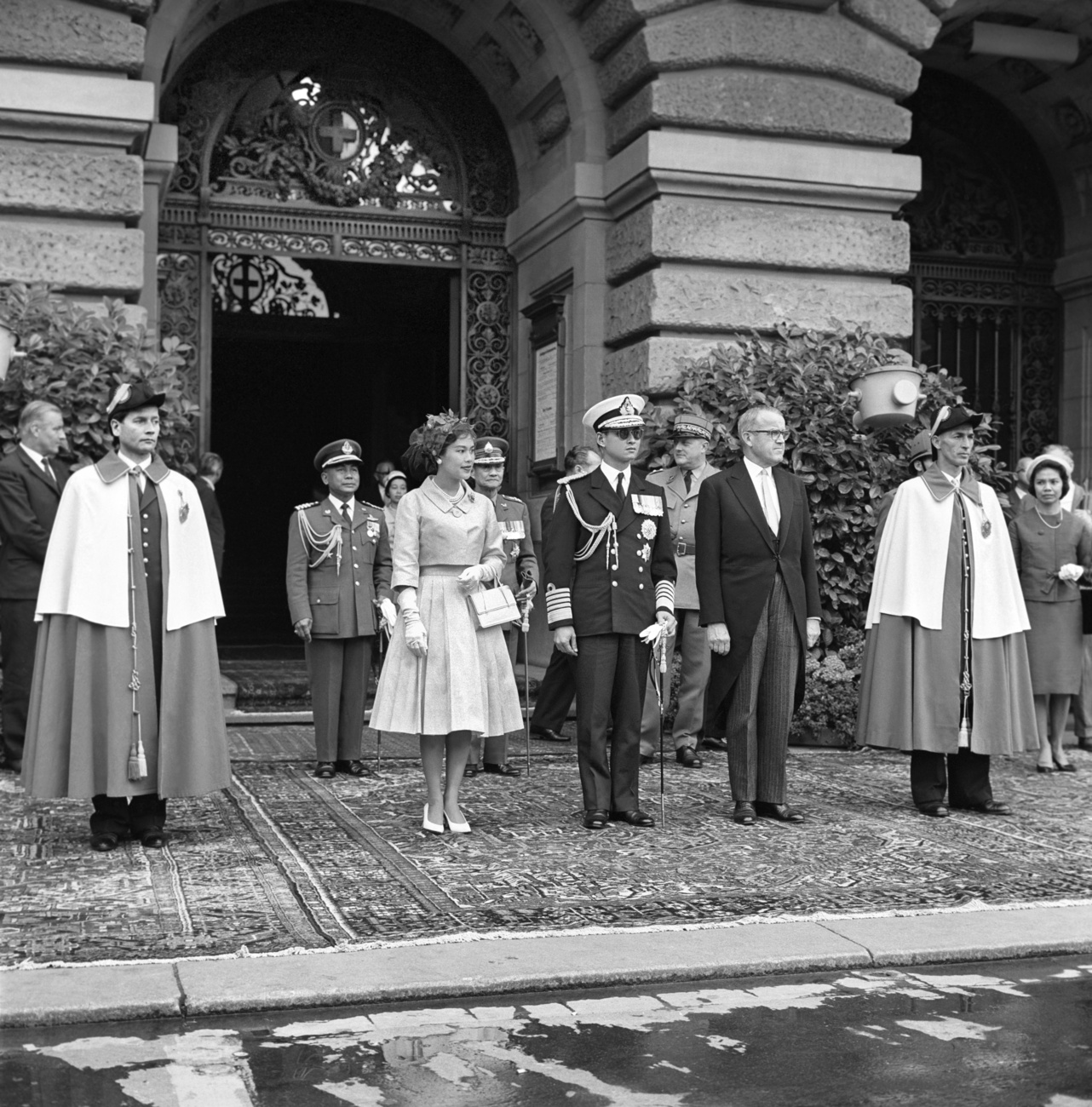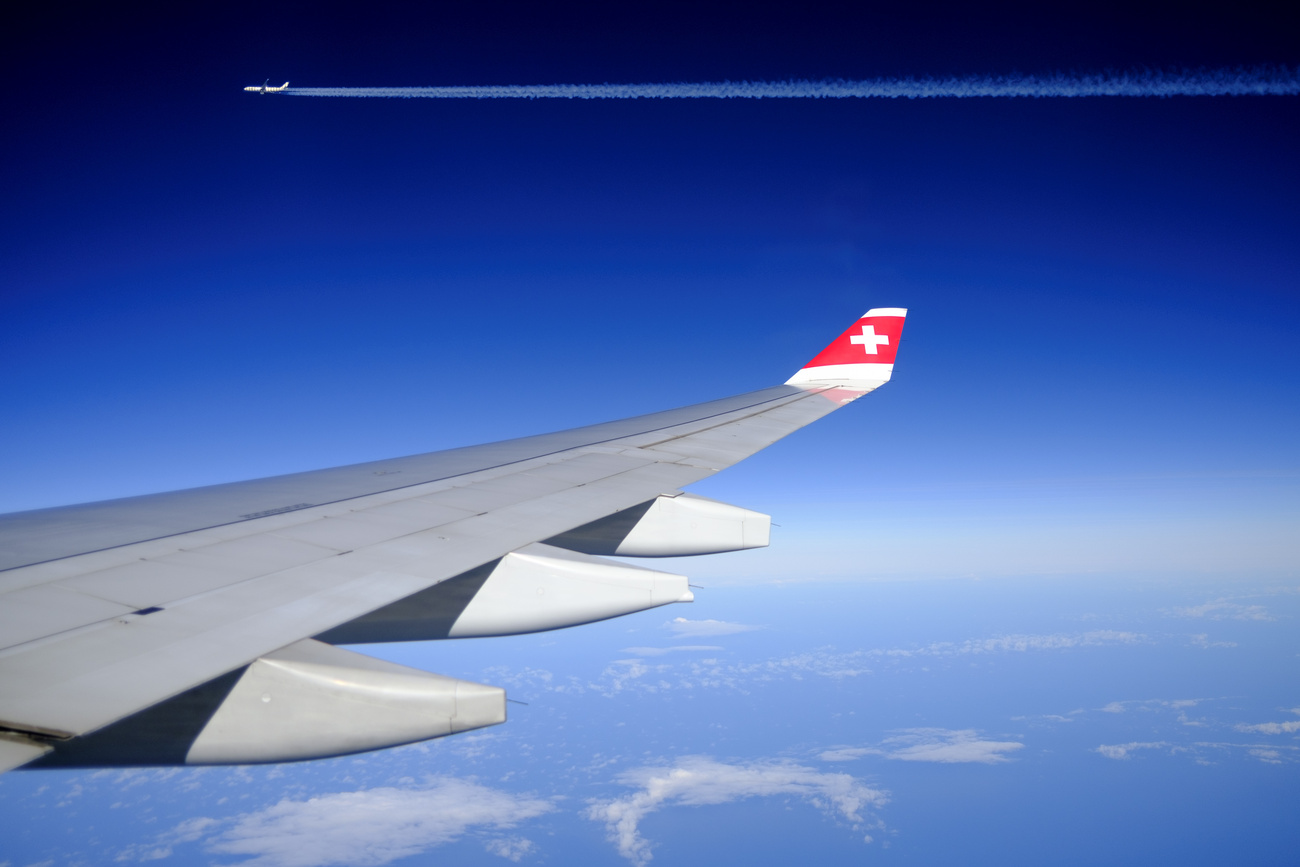
Switzerland backs Biden’s Gaza peace plan

Switzerland supports a new peace proposal pushed by US President Joe Biden for a hostage agreement and a ceasefire in Gaza.
Do you want to read our weekly top stories? Subscribe here.
“A political perspective based on a two-state solution must be re-established,” wrote Nicolas Bideau, head of communications at the Swiss foreign ministry, on X on Saturday.
Switzerland supports President Biden’s three-phase plan for an immediate ceasefire, the release of hostages held in Gaza, humanitarian aid and a path to a permanent end to hostilities, the spokesperson said.
+ Our coverage of the Israeli-Palestinian war
Gaza conflict mediators are urging Israel and Hamas to finalise a ceasefire and hostage release deal outlined by Biden that they said would bring immediate relief to people in Gaza and to the hostages and their families.
Israel has said there will be no formal end to the war as long as Hamas retains power, raising questions of timing and interpretation over the truce offer, which has been provisionally welcomed by the Palestinian faction.
+ Switzerland ‘extremely concerned’ about spiralling violence in Middle East
Biden said on Friday that Israel had proposed a deal involving an initial six-week ceasefire with a partial Israeli military withdrawal and the release of some hostages while “a permanent end to hostilities” is negotiated through mediators.
The United States, Egypt and Qatar have been seeking for months to mediate an end to the war, but a deal has proven elusive.
Hamas said on Friday it was ready to engage “positively and in a constructive manner”. But senior official Mahmoud Mardawi told Qatari television it had not yet received details of the proposal.
Adpated from German by DeepL/sb
This news story has been written and carefully fact-checked by an external editorial team. At SWI swissinfo.ch we select the most relevant news for an international audience and use automatic translation tools such as DeepL to translate it into English. Providing you with automatically translated news gives us the time to write more in-depth articles.
If you want to know more about how we work, have a look here, and if you have feedback on this news story please write to english@swissinfo.ch.

In compliance with the JTI standards
More: SWI swissinfo.ch certified by the Journalism Trust Initiative






























You can find an overview of ongoing debates with our journalists here . Please join us!
If you want to start a conversation about a topic raised in this article or want to report factual errors, email us at english@swissinfo.ch.